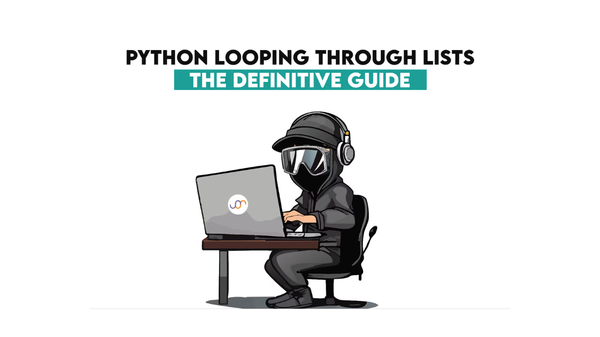ML Interviews are Ridiculous And All Over the Place

Categories:
 Written by:
Written by:Nathan Rosidi
If you think ML interviews have become crazy lately, you’re not imagining it. They are ridiculous, and we’ll examine why in this ranty article.
If you've ever thought about transitioning into machine learning, you've probably been sold on the hype. You know, that whole “cutting-edge field” and “big salaries” nonsense. But once you actually start applying for jobs, the cracks in this glossy picture become painfully clear.
Ridiculous machine learning interviews – or should we just call them “unicorn hunts” – are enough to make anyone consider dropping everything and retreating to a life of peace as a humble data engineer.
Let's dive into the madness.
The Laundry List of Expectations (aka "Do You Even Sleep?")
So, you're a machine learning engineer, huh? And you’re expecting machine learning engineer interview questions? Well, get ready to be tested on literally everything. Not just coding but data structures and algorithms (DSA), SQL, Python, system design (both ML and regular), DevOps, statistics, ML Theory, and – oh yeah – product sense. You know, because clearly, every ML engineer is also a part-time product manager.
Oh, and by the way, you might need a PhD. And for what? A job that pays the same as a regular software engineer, but requires knowledge of deep learning, NLP, Kubernetes, Terraform, and how to cook a three-course meal. Because balance, right?
Here's the kicker: the field is so crowded that half of your competition does have PhDs.
The remaining half? Well, they've memorized every chapter of Casella & Berger, which they'll never actually use in real life, but is somehow still part of the interview process.
Can't remember how gradient descent optimizes logistic regression off the top of your head? Fail. Thanks for coming.
Interviewing Today: A Series of Unfortunate Events
Picture this: you've prepped for weeks on probability, statistical inference, and your favorite machine learning techniques. You feel ready to nail that data science interview. And then – boom – first question: "Here’s a BFS algorithm problem. You have five minutes. Go."
Wait, what? Apparently, in 2024, companies aren’t sure if they’re hiring ML engineers or trying to find the next competitive programming. But the best part? You get through three rounds of grueling technicals only to be rejected after an onsite for a measly $75k. Who doesn’t want to solve six rounds of LeetCode hard problems for that kind of money?
The Absurdity of Specialization… Without the Specialization
“Do you want someone who can actually do machine learning, or do you want a coder who dabbles in ML theory?”
That’s a real question because it seems like companies don't know either. Sometimes you're asked to optimize models. Other times you're tested on questions you haven't thought about since undergrad linear algebra.
One ML engineer shared how they spent 45 minutes discussing an amazing project they built from scratch. The interview went great – until the final question: “How is logistic regression optimized?”. They didn't say “gradient descent” fast enough, and that's why they failed. Imagine being rejected because you didn't shout out the magical buzzwords at the right time. It's like losing on “Jeopardy!” because you didn't phrase your answer as a question.
The Great ML Job Role Confusion
The term “machine learning engineer” means different things at different companies. One role might expect you to work as a full-blown software engineer who just happens to know a bit about ML. Another? They want a data scientist with a sprinkle of DevOps and a passion for SQL. And still another? They want you to be an ML-focused data engineer who's proficient in Kubernetes, Jenkins, and deploying models at scale.
So, which job are you preparing for? All of them, apparently.
You Study All This Crap… And Then Use SQL 80% of the Time
Yep, after all that, you're likely going to spend most of your time running SQL queries and building dashboards for non-technical execs. It's enough to make anyone question the point of it all. Are they hiring actual ML engineers or glorified data analysts with some AI sprinkled in?
The answer is yes. One job poster might ask for 5 years of machine learning experience, but you'll spend your day knee-deep in Excel and PowerBI. Another company might list neural networks as a requirement for a junior data scientist role. The salary? A whopping $50,000.
Meanwhile, the corporate execs think AI is a magic bullet, but in reality, the models you build will be left to collect dust in a corner while they continue to make decisions based on gut feelings and outdated pivot tables.
Conclusion
Everyone and their dog wants to break into AI/ML. But the reality? These interviews have become so ludicrous that even veterans are thinking of bowing out. Maybe the real solution isn't obsessing over LeetCode but honestly reconsidering the whole gig. What once seemed like a shiny, cutting-edge career path has turned into a chaotic, stress-filled grind.
Companies seem clueless about what they want, and candidates are expected to be walking encyclopedias of every concept under the sun just to get a shot.
Good luck out there. You'll need it.
Share


